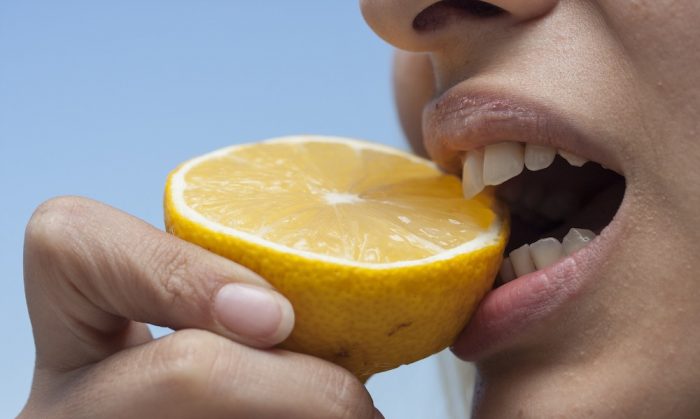Editor’s Note: This website is not designed to, and should not be construed to, provide medical advice, professional diagnosis, opinion or treatment to you or any other individual, and is not intended as a substitute for medical or professional care and treatment.
~
Food allergies are on the rise, and “leaky gut” is a pretty new phenomenon.
These used to be rare or unheard of, and now everyone you know is intolerant to something and every health article you read is talking about leaky gut.
Why is this?
Well, a lot of aspects of our modern lifestyles are weakening our gut. The things I’m going to talk about weren’t really a part of our lives—or at least not a big part—50 years ago. You’ve probably never even thought about these things in relation to your gut…and the result is, we’re gradually weakening our guts without even knowing it.
Why does that matter?
Because, as our guts get weaker, they’re getting “leakier,” and that’s making them much more susceptible to food allergies and intolerances.
What can you do about it?
There are three simple actions you can take to reduce your exposure to these three things. Even if you do just one of these, you’ll significantly reduce the amount you’re weakening your gut, and get one step closer to feeling a whole lot more comfortable.
Three surprising things that are weakening your gut:
1. Drugs
I’m talking antibiotics and NSAIDs, mainly.
The first antibiotic didn’t even enter the picture until 1939. Then, in the 50s and 60s, use of prescription antibiotics really went up. So, you can see how the use of them is fairly new, and it’s only now that we’re realising the impact they’re having on the rest of our body and our long-term health.
NSAIDs are Non-Steroidal Anti-Inflammatory Drugs (e.g., ibuprofen and aspirin). Again, it’s only in recent years that they’ve been used so heavily for everything. I don’t know about you, but I used to suffer from headaches all the time as a teenager, and used to pop ibuprofen without a second thought.
All drugs affect the gut in slightly different ways, but they all wear away the lining of your intestines, reduce the good bacteria in your gut, and change gut motility (speed it up/slow it down, leading to constipation or diarrhoea).
2. Toxins in the environment
There are so many toxins in our environment these days that never used to exist. The main ones that are damaging your gut are chemicals on our food and in our home: antibacterials and pesticides.
Antibacterials are designed to kill bacteria, which is great. However, in the process, they can kill off the good bacteria that we would previously have been ingesting.
Any non-organic food is sprayed with tons of chemical pesticides, which then seep into the food. Even if you scrub them well, those pesticides are ending up in your gut and weakening it.
3. Stress
Again, our lives used to be much more relaxed. Without technology, busy jobs and social lives, and a million commitments, we didn’t have the levels of stress that we have today. Our lives are becoming more and more stressful (how many times have you felt stressed already this week!?), and our guts are feeling it.
Stress weakens the immune system, which can cause lots of irritation and inflammation in your gut, which then weakens it. On top of this, stress slows down digestion, which throws off all of your digestive juices and causes an imbalance in your gut microbiome.
Whilst it can seem a bit depressing to realise you’ve been weakening your gut without even knowing it, there is so much you can do about it. By reducing the amount of these three things in your life, you can stop your gut getting any weaker, and then start strengthening it back up.
Three ways to stop your gut from getting weaker:
1. Reduce your exposure to drugs
Assess how regularly you take antibiotics or NSAIDs at the moment. Are they always necessary? Could you reduce the amount your taking? Next time you go to take one, stop to think through these questions.
2. Reduce your exposure to toxins
Swap to “cleaner” home products or make your own toxin-free ones for next to nothing. To reduce pesticide exposure, buy organic wherever possible.
3. Reduce your exposure to stress
The first step to reducing stress is to take some time to reflect on what’s causing you stress. If it’s something that can be changed (e.g., you’ve taken on too many projects at work), then take action to do something about it, like speaking to your manager about delegating.
However, there are lots of stressors that we can’t control (e.g., a delayed train or our kids throwing a tantrum). In these cases, explore some stress management techniques. One way of managing stress is by starting a morning meditation practice. Download a free meditation app and start with a 10-minute meditation every day.
Which one of these are you going to work on? Let me know in the comments!
Thank you so much for taking the time to read this and letting me be a part of your journey in taking control of your gut, eating well, and living your life.












Read 0 comments and reply